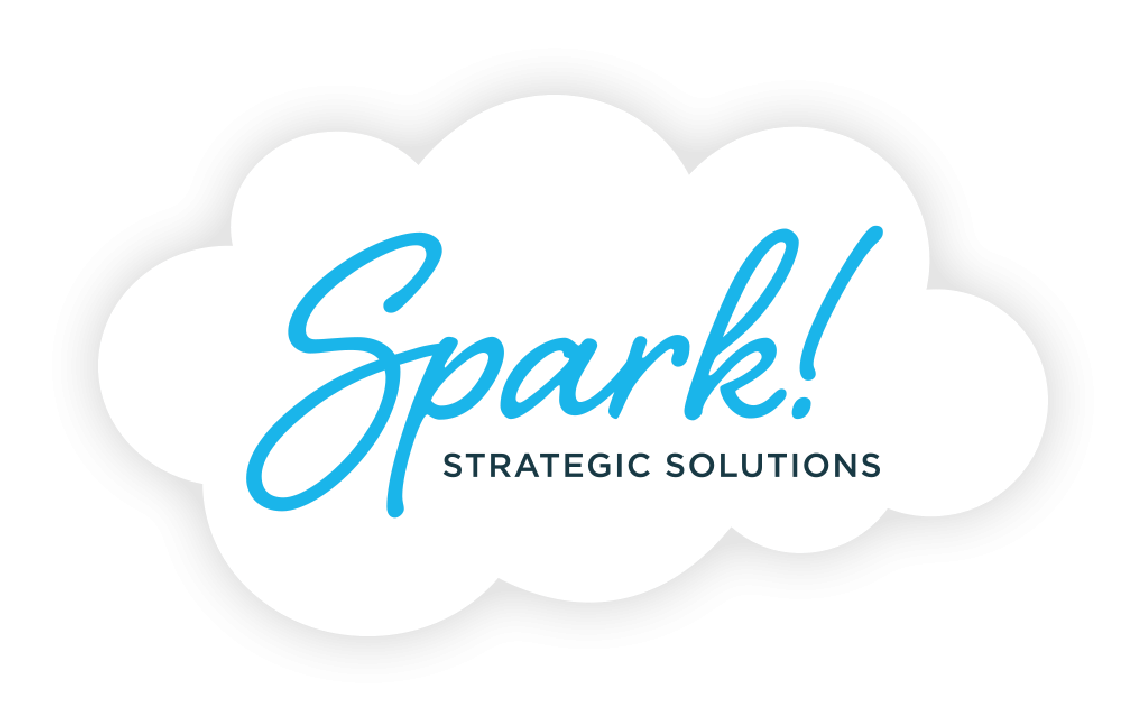
Picture this—you're out in the wilderness camping with friends and family. After hiking from sunrise to sunset, you’re exhausted and ready to relax for the evening. But just as you're about to start cooking dinner, you realize: ’I forgot the matches.’
Suddenly, the mood changes from excited to panicked. How are you going to cook your food, stay warm at night, or make coffee in the morning without matches? If only we remembered to bring a backup plan. This scenario may seem like a typical camping mishap, but the lessons learned can be applied to any aspect of life, including the workplace.
As the saying goes, failing to prepare is preparing to fail.
Just like how you would keep a checklist of everything you need for a camping trip, it's important to keep accurate records at work. This could mean keeping track of deadlines, taking detailed notes during meetings, or simply organizing your email inbox. It might not be the most exciting task, but it can make all the difference when you need to reference important information later on.
For instance, imagine you're meeting with your boss and colleagues, and they ask you about a project you worked on a few months ago. You vaguely remember the project, but the specifics are a little fuzzy. If you kept accurate and organized records, you could quickly access the information and provide a clear and concise response. Without those records, you may have to spend valuable time digging through emails and files to piece together the information you need.
Unless you can somehow see the future, you never know what kind of situations you might encounter out in the wilderness or in the workplace. That's why it's important to anticipate your needs and prepare for all scenarios. You never know when a project might take a sharp left turn, when a coworker might need your help, or when a significant crisis will emerge. By anticipating these needs and implementing backup plans, fail-safes, and contingency plans you can stay ahead of the game and be ready for anything life might throw at you.
Camping is rarely a solo endeavor. You usually go with friends or family, and everyone pitches in to make the trip successful. The same is true in the workplace. Collaboration and teamwork are essential to getting things done and achieving success. By working together and leveraging the
strengths of your team, you can tackle even the toughest challenges and come out on top.
For example, imagine trying to set up a tent in the dark by yourself. You might get it eventually, but not without significant time and frustration. But if you have a group of people working together, each with their own set of skills and knowledge, the tent can be set up quickly and efficiently, leaving more time for everyone to enjoy the camping trip. The same goes for projects in the workplace. When everyone works together and collaborates, the end result is often better than what any individual could have accomplished on their own.
Ultimately, the success of both camping trips and workplaces relies on collaboration, communication, and shared purpose. Just as you can't take on the wilderness alone, you can't accomplish much at work without a team effort. By striving for unity in everything you do, and embracing Human-Centered YOUnity, you can achieve great things and make a real difference.
So, the next time you face a challenge at work, think back to your last camping trip and how you and your team worked together to make it a success. Remember the importance of
being prepared, anticipating your needs, and staying organized. These principles will not only help you survive the great outdoors but also thrive in your career.
Empty space, drag to resize



